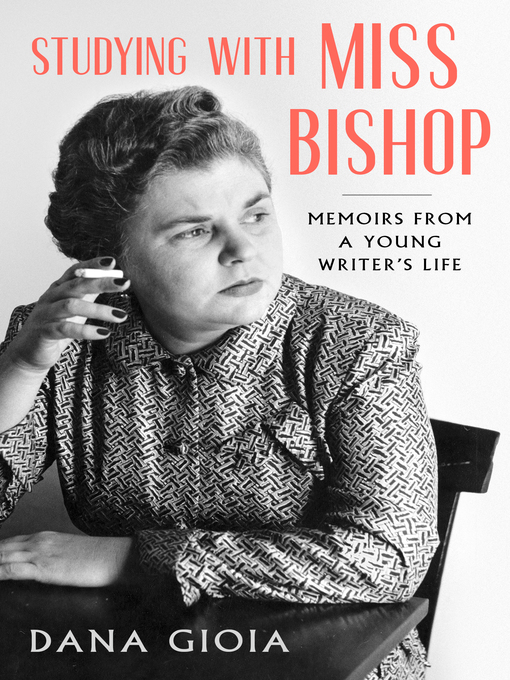"Fascinating snapshots of remarkable encounters which, when brought together, chart a delightfully unusual path to literary success."―Booklist
"Reading this memoir is like being at one of those memorable dinner parties, attended by the best and brightest, sparkling with wit and excellent conversations. You don't want it to be over, the conversations to end! But with books, you need not worry. You can go back to the party, savor it, reread it again, and again."―Julia Alvarez, author of In the Time of the Butterflies and Afterlife
"Gioia has been uncommonly lucky in meeting many major poets, among them Elizabeth Bishop. His portrait of her in these pages is shrewd and subtle. The famously elusive poet quivers into life here."―Jay Parini, author of Borges and Me: An Encounter
In Studying with Miss Bishop, Dana Gioia discusses six people who helped him become a writer and better understand what it meant to dedicate one's life to writing. Four were famous authors―Elizabeth Bishop, John Cheever, James Dickey, and Robert Fitzgerald. Two were unknown―Gioia's Merchant Marine uncle and Ronald Perry, a forgotten poet. Each of the six essays provides a vivid portrait; taken together they tell the story of Gioia's own journey from working-class LA to international literary success.
- Once Upon a Crime
- Business Books & Career Advice
- Newly Added eBooks
- The Wizarding World of Harry Potter
- Most Popular eBooks
- Try Something Different
- See all ebooks collections
- Newly Added Audiobooks
- Always Available Audio
- The Wizarding World of Harry Potter
- Once Upon a Crime
- Business Books & Career Advice
- Most Popular Audiobooks
- Try Something Different
- See all audiobooks collections


